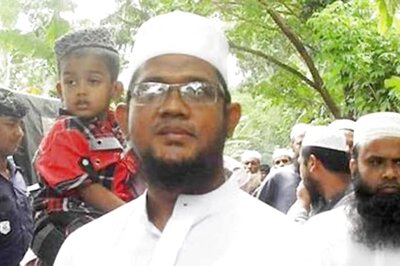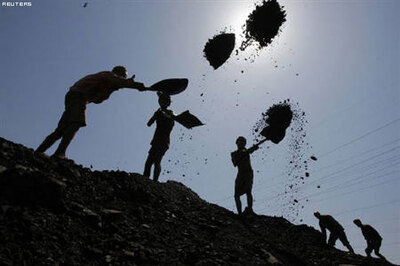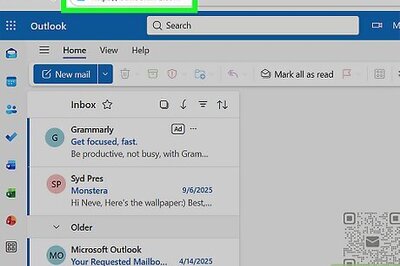Budget 2019: Swachh Bharat Mission to be Expanded, Undertake Solid Waste Management in Every Village

views
Union finance minister Nirmala Sitharaman in her maiden budget speech on Friday proposed the "expansion" of the Swachh Bharat Mission to "undertake sustainable solid waste management in every village".
Sitharaman said, "Swachh Bharat Abhiyan has touched the very conscience of the nation besides bringing enormous health and environmental benefits. This noble Scheme, initiated in 2014, has achieved a resounding success. 9.6 crore toilets have been constructed since Oct 2, 2014. More than 5.6 lakh villages have become Open Defecation Free (ODF)."
However, critics and experts have repeatedly pointed out that while the Swachh Bharat Mission had an important goal in mind, the question of what to do with the waste accrued was never sufficiently answered. So far, India had largely been relying on the informal sector for waste management.
The issue was also taken up by the Economic Survey 2019, which flagged the need for improved "resource efficiency" and outlined a six-pronged strategy that argued for changes at the policy level, creation of programs and a regulatory mechanism, the setting up of a “dynamic recycling industry" along with growing R&D and technological interventions and finally “capacity development, outreach and monitoring".
"We have to build on this success. We must not only sustain the behavioural change seen in people but also harness the latest technologies available to transform waste into energy. I now propose to expand the Swachh Bharat Mission to undertake sustainable solid waste management in every village," said the finance minister.
As of 2019, India accounted for 7.2 per cent consumption of globally extracted raw materials, but its “rate of recycling is very low as compared to other developed economies". Moreover, as per the NITI Aayog, India consumed 5 billion tonnes of biomass, fossil fuels, minerals and metals in 2010 and was the third largest consumer after China (21.5 billion tonnes) and USA (6.1 billion tonnes), it said. Finally, NITI Aayog projected that India would “be requiring around 6.5 billion tonnes of minerals in order to sustain the demand of growing population" in the future.
The survey quoted estimates and said that “US$1 billion worth of gold can be extracted with the mining of urban e-waste", 14 lakh jobs could be created from e-waste management policies and “nearly US$2.7 billion opportunity can be created from the extraction of eight million tonnes of steel from the end of life vehicles."
Apart from e-waste, it also flagged transport as a priority sector cited studies and said that the Indian auto industry consumes around 70-80 million tonnes of iron and steel but due to a “fragmented process of scrap collection, nearly 6-7 million tonnes per annum of steel scrap" are imported. Research, the survey said, would generate more than 10 million tonnes of steel scrap by 2025.

















Comments
0 comment